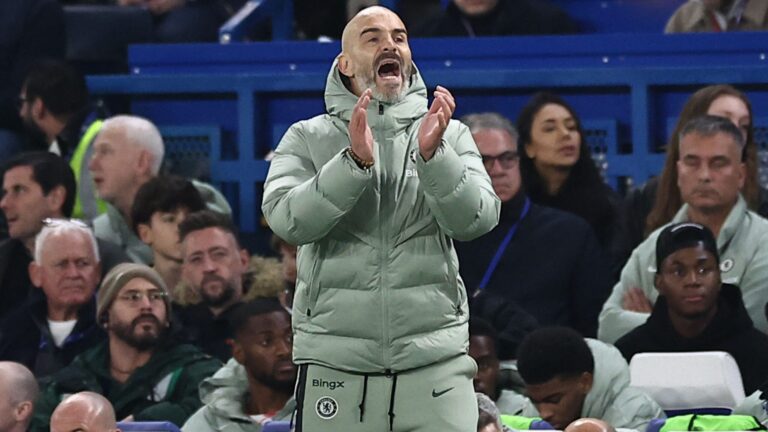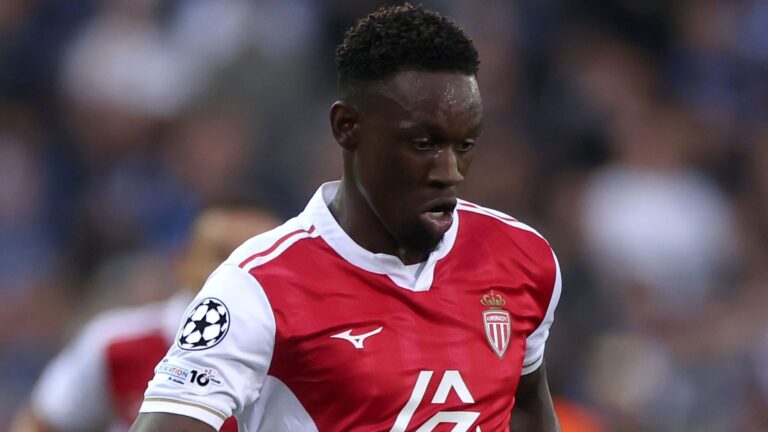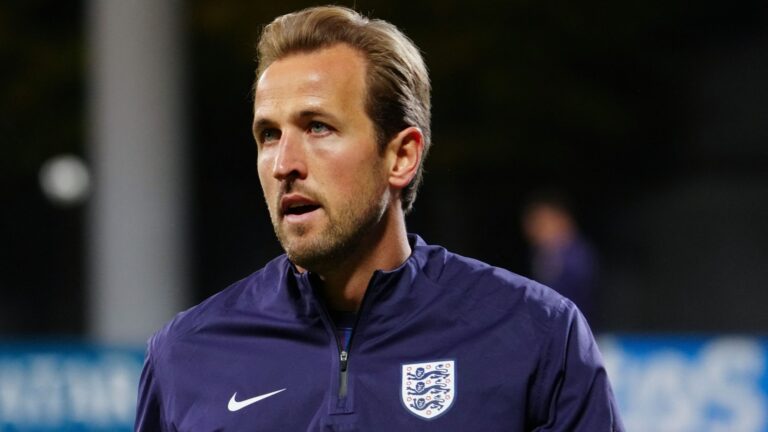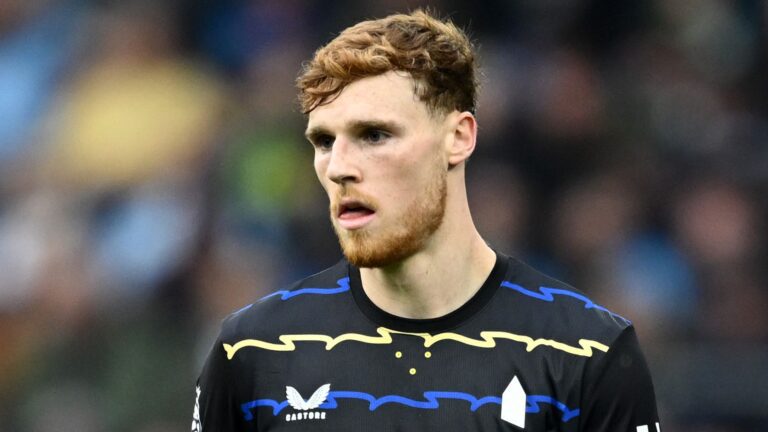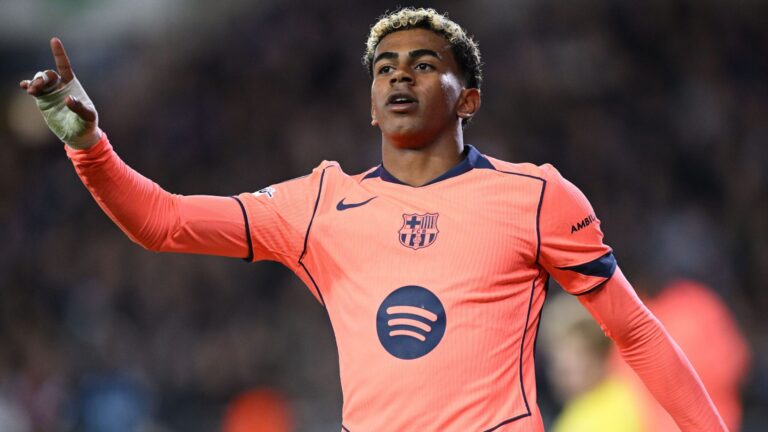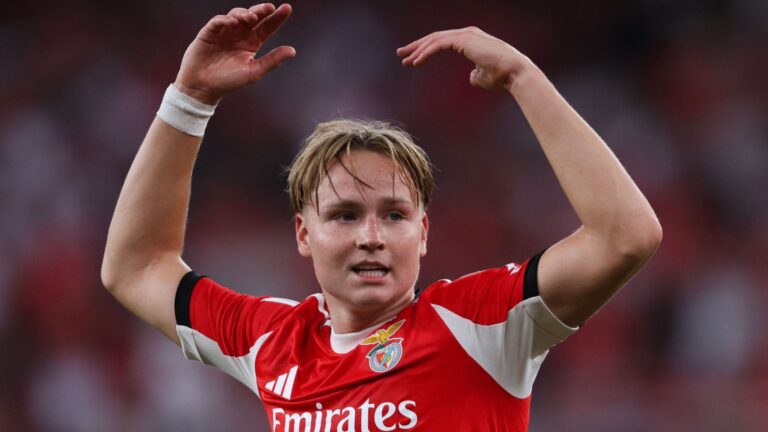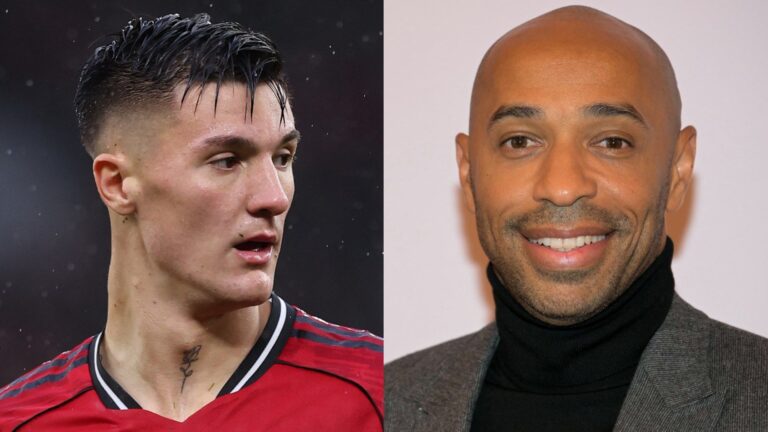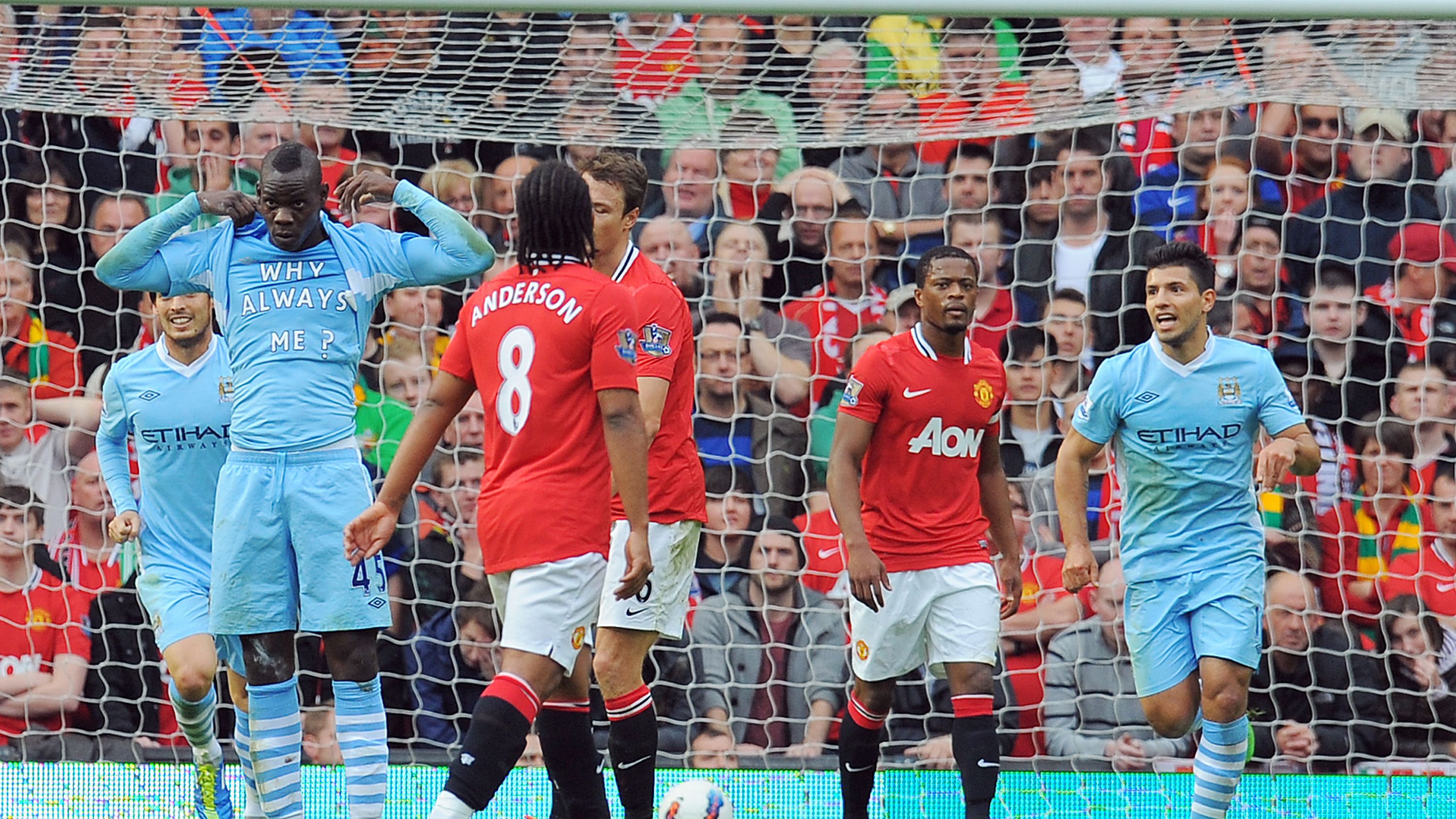
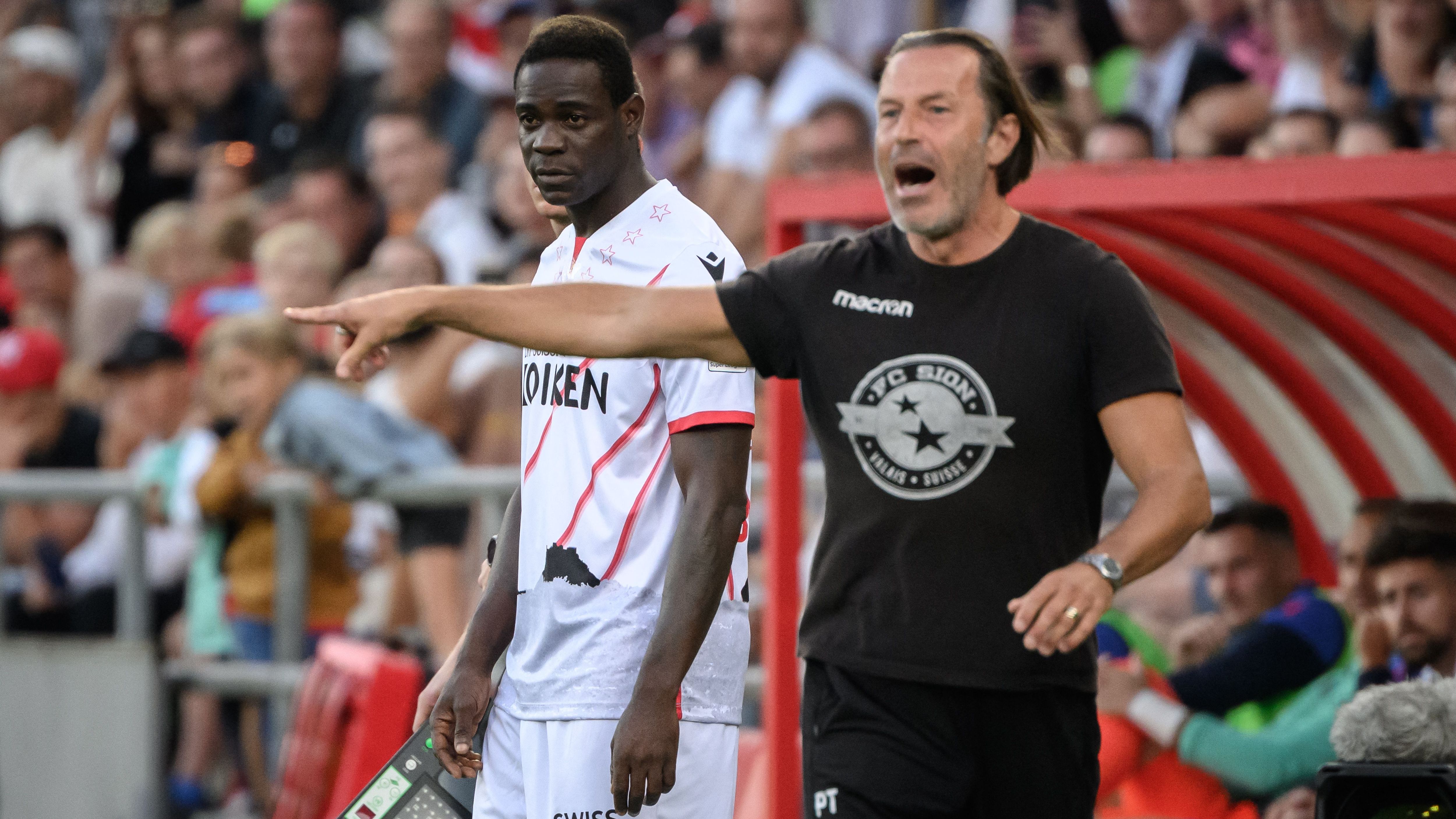
Unveiling the Man Behind the Headlines: Mario Balotelli’s Defining Moments in English Football
In the world of football, few players have captured the public’s imagination quite like Mario Balotelli, whose fiery personality and on-field exploits at Man City left an indelible mark. This piece delves into the highs and lows that shaped his journey, offering fresh insights into his reflections on fame, growth, and the media’s intense scrutiny.
Mario Balotelli’s Transformative Experience at Manchester City
Transitioning from Inter Milan, the Italian forward arrived at Manchester City as a highly touted talent with immense potential. Yet, his image as a unpredictable figure and variable form made him a prime target for British media outlets. Following several high-profile mishaps off the pitch, such as the infamous fireworks-related home incident, he netted a goal during a landmark 6-1 triumph over Manchester United in October 2011, marking the moment by revealing a shirt bearing the phrase “Why always me?” as a retort to ongoing media buzz.
Key Achievements During His Tenure
From 2010 to 2013, Balotelli’s stint at the Etihad Stadium featured 30 goals across 80 appearances, including a Premier League victory. His career highlight included delivering the crucial pass for Sergio Aguero’s decisive strike in May 2012, sealing the championship in dramatic style.
Reflections on Personal Growth and Media Overload
In his conversation with La Gazzetta dello Sport, Balotelli emphasized how his time in England profoundly influenced his maturation. “While my days at Inter contributed to my evolution, I believe my English adventure molded me the most,” he explained. “It marked my first experience living independently, away from family support, which was unfamiliar territory. Such challenges force growth, as you navigate errors solo. As for ‘Why Always Me?’, the idea came from a pre-game chat with a staff member; I was constantly in the spotlight for my issues, making it a cathartic release. The UK press definitely crossed boundaries with their coverage.”
Insights into Relationships with Influential Figures
Balotelli opened up about his connections with prominent individuals in his career. He portrayed Zlatan Ibrahimovic as “a constant irritant, yet he reserves that for those he truly cares about.” He went on: “His push was for me to excel in matches and practices alike.” Furthermore, he acknowledged the support from Kolo and Yaya Toure, who mentored him at both City and Liverpool, and hailed Roberto Mancini and Cesare Prandelli as the coaches who grasped his needs best. “I featured extensively under Mancini, and Prandelli handled me with the perfect balance of liberty on and off the field. Naturally, discipline is key-no one matches Diego Maradona’s flair-but I’ve built a strong rapport with Mancini over time.”
Looking Back on His International Career with Italy
With 14 goals from 36 international outings, Balotelli shared his disappointment regarding the end of his time with the Italian squad and his aspiration for one last call-up. “Representing the national team was always a cornerstone for me… I took great pride in playing for Italy, and it’s something I deeply miss,” he noted. He speculated on the reasons for his exclusion, hinting at possible external influences. “What’s the real story behind my exclusion? I’m not certain, but I suspect it might tie back to tensions with Juventus or similar dynamics.”
Current Status and Future Prospects
After departing Genoa at the close of the previous season, Balotelli finds himself unattached to any club but remains dedicated to staying fit through independent training. He disclosed rejecting overseas proposals in pursuit of opportunities within Italy. “I’ve received invitations from foreign clubs and turned them down because I still yearn for a spot in an Italian team,” he mentioned. “At this stage, with no such offer on the table, I’m weighing options to join abroad or perhaps pause and reassess come January.”
Mario Balotelli’s Reflections on Media Excess at Manchester City
You know, Mario Balotelli has always been one of those footballers who grabs headlines for more than just his goals. During his time at Manchester City from 2010 to 2013, the Italian striker faced an avalanche of media attention that often overshadowed his on-pitch talents. Let’s dive into how this intense scrutiny shaped him personally and professionally, drawing from his own reflections and the iconic moments that defined his era.
The Intense Media Scrutiny Balotelli Faced
Balotelli’s tenure at Manchester City was a whirlwind of tabloid stories, from fireworks mishaps to high-speed chases, making him a favorite target for the press. He once described the media frenzy as “overwhelming,” noting in various interviews how it turned him into a caricature rather than a player. This constant spotlight didn’t just affect his public image; it seeped into his daily life, making simple outings feel like walking onto a stage.
What made this period so challenging was the way media excess amplified every mistake. For instance, Balotelli shared in retrospectives that the pressure from sensationalized reports led to feelings of isolation, as fans and even teammates sometimes bought into the hype. This scrutiny, he reflected, forced him to build a thicker skin, teaching him resilience amid the chaos of professional football. Keywords like “Mario Balotelli media scrutiny” and “Manchester City media pressure” capture just how pervasive this was, with stories circulating globally and shaping public perception.
To break it down, here’s a quick bullet point overview of how media excess manifested during his time at City:
- Tabloid Obsession: Stories often focused on off-field antics, like the famous “Why Always Me?” incident, overshadowing his contributions to the team’s success, including Premier League wins.
- Social Media Amplification: In the early 2010s, platforms like Twitter turned minor events into viral sensations, multiplying the pressure on Balotelli and similar athletes.
- Cultural Backlash: As an Italian player in the Premier League, he faced stereotypes that the media exploited, which he later called “unfair and exhausting” in public statements.
Balotelli’s reflections highlight a broader issue in sports: how media portrayals can distort reality. He mentioned in one discussion that this period helped him understand the importance of controlling his narrative, a lesson that influenced his approach to interviews and social media in later years.
How Media Excess Shaped Balotelli’s Personal Growth
Looking back, Balotelli has been candid about how the media storm at Manchester City molded him into a more mature individual. In his own words, it was a “make-or-break” experience that pushed him to seek therapy and focus on mental health, which wasn’t as openly discussed back then. This shaping influence extended to his career decisions, like his eventual moves to other clubs, where he aimed for environments with less media intensity.
One fascinating aspect is how this era fostered his advocacy for mental well-being among athletes. Balotelli shared that the constant negativity taught him to channel energy into positive outlets, such as philanthropy and family life. For example, he has spoken about using the experience to mentor younger players, emphasizing the need for better media boundaries. This personal evolution is a key Mario Balotelli keyword that ties into searches around athlete resilience and growth.
If we think about it as a case study, Balotelli’s journey offers valuable insights into the long-term effects of media pressure:
- Early Career Impact: At just 20 years old when he joined City, the media glare accelerated his learning curve, helping him develop emotional intelligence that benefited his subsequent stints at clubs like AC Milan and Liverpool.
- Positive Outcomes: Despite the downsides, it sharpened his focus on performance, leading to memorable goals and assists that fans still celebrate today.
- Broader Implications: His story serves as a case study for how media excess can either derail or drive personal development, depending on how one responds.
The Story Behind the Iconic ‘Why Always Me?’ Celebration
Now, let’s get to the heart of it-the story behind Balotelli’s most famous moment. During a fiery Manchester derby against Manchester United in October 2011, Balotelli scored an early goal and revealed a T-shirt asking, “Why Always Me?” It was a spontaneous act of defiance that perfectly encapsulated his frustrations with the media.
In interviews over the years, Balotelli explained that the phrase stemmed from feeling perpetually singled out for his behavior, even when others did similar things. He laughed about it later, saying, “It was just me being me, but it became this global symbol.” This celebration not only went viral but also sparked debates about media ethics in football, with phrases like “Why Always Me? Balotelli” becoming evergreen search terms.
Delving deeper, this moment shaped his legacy by humanizing the “bad boy” image. Balotelli reflected that it was a turning point, making him realize the power of self-expression. Here’s how it ties into his overall story:
- Immediate Backlash and Support: The stunt led to fines and criticism, but it also rallied fans who appreciated his authenticity, boosting his popularity in searches related to “Mario Balotelli celebrations.”
- Long-Term Reflection: Years later, he viewed it as a catalyst for change, prompting him to engage more thoughtfully with the press and advocate for fairer coverage.
Practical Tips from Balotelli’s Experience for Athletes
Shifting gears, we can draw some practical tips from Balotelli’s ordeal that might help other athletes navigate media excess. After all, his story isn’t just about the past-it’s a blueprint for managing fame in today’s digital age.
First off, if you’re an aspiring footballer or any public figure, consider these strategies:
- Build a Support Network: Balotelli emphasized surrounding yourself with trusted advisors to filter out noise and focus on mental health.
- Use Social Media Wisely: He learned the hard way that platforms can amplify issues, so take a page from his book and curate your online presence to share positive stories.
- Seek Professional Help: Don’t hesitate to talk to experts, as Balotelli did, to cope with pressure and turn experiences into growth opportunities.
These tips align with benefits like improved performance and better public relations, making them essential for anyone in the spotlight. For instance, by adopting Balotelli’s reflective approach, athletes can transform media challenges into strengths, much like he did.
First-Hand Experiences and Their Relevance
To wrap up the structure, let’s touch on some first-hand experiences from Balotelli’s career that echo his reflections. While he hasn’t written a memoir, snippets from interviews provide real insights. For example, during his Liverpool move in 2014, he hinted at carrying lessons from Manchester City[başvurmak:[başvurmak:https://www.liverpoolfc.com/news/first-team/169495-mario-balotelli-in-photos], showing how media experiences influenced his decisions. This continuity in his narrative reinforces the idea that what happened at City wasn’t just a phase-it shaped his entire path.


